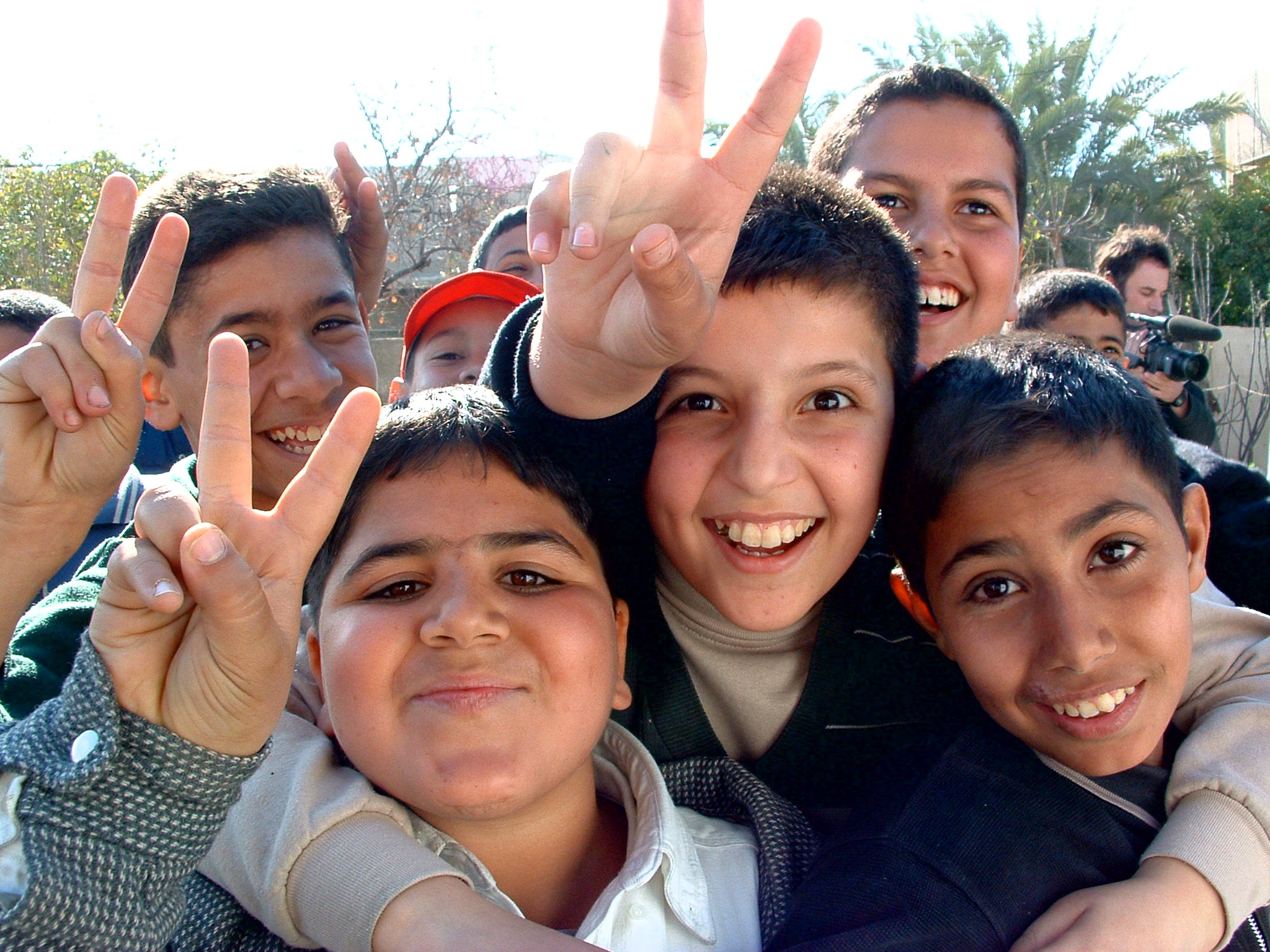Education in Iraq
 Education stands as the cornerstone of progress and development in any society. Amid the challenges and upheavals that have marked Iraq’s recent history, education has emerged as a beacon of hope and transformation, offering a pathway toward a brighter future for the nation and its people.
Education stands as the cornerstone of progress and development in any society. Amid the challenges and upheavals that have marked Iraq’s recent history, education has emerged as a beacon of hope and transformation, offering a pathway toward a brighter future for the nation and its people.
The Ripple Effects of Conflict on Education
Iraq’s education system has been plagued by a myriad of challenges, ranging from inadequate infrastructure and outdated curricula to insufficient resources and trauma-based psychological impact affecting both teachers and students. According to UNICEF, “one in every two schools is damaged” and needs improvement to effectively teach students. This crisis perpetuates a cycle of ignorance, poverty and underdevelopment.
Education in Iraq is hindered by violence, infrastructure damage and the displacement of children. Due to years of war and conflict, the weakened Iraqi government has allocated less than 6% of its budget to education.
The lack of education in Iraq contributes to a dearth of skilled workers, hindering economic growth and making it difficult for the country to compete in an increasingly globalized world. Low-quality education exacerbates social disparities, perpetuating cycles of poverty and inequality. It deprives marginalized communities of the tools they need to break free from the constraints of their circumstances and contribute to society in meaningful ways.
Paths to Educational Reform
Improving the education system in Iraq could be the key to unlocking a plethora of benefits for the country. UNICEF and the Education for Peace in Iraq Center (EPIC) have been working toward improving the education system and the lives of future Iraqi generations.
UNICEF
Recently, UNICEF has partnered with Daewoo E&C to provide hundreds of young children with access to education in disadvantaged areas in Basra. In a collaborative effort spearheaded by the Basra Directorate of Education, this initiative will not only improve children’s preparedness for school but also streamline their progression into primary education, ensuring a seamless and efficient transition. Early Childhood Education (ECE) plays a pivotal role in enabling young learners to embark on their primary education journey at an appropriate age, armed with the essential skills required for future success.
With Daewoo E&C’s support, UNICEF will establish five ECE centers in five schools. Each ECE center will include a classroom and a play area and will be equipped with essential amenities such as water, sanitation and hygiene (WASH) facilities. Through its Iraq National Education Strategy, UNICEF supports the Government’s goal to provide ECE to at least 30% of Iraqi children by 2031.
In order to ensure that children in Basra and other parts of the country have the best start in life, UNICEF will continue to work with the Government of Iraq, U.N. agencies, civil society and community organizations.
EPIC
Established in 1998, the Education for Peace in Iraq Center (EPIC) is a nonprofit organization dedicated to fostering peace in Iraq. EPIC undertakes humanitarian initiatives to promote harmony within the nation. Through a combination of impactful advocacy, field work aimed at empowering youth and authentic collaborations with both Iraqi civil society and the young population, EPIC is committed to advancing its mission to empower young Iraqis.
EPIC designs and implements a series of on-the-ground programs that empower adolescents to make a positive impact. It also advocates for U.S. and international support to secure peace and build democratic institutions in Iraq. This includes efforts to enhance government accountability, strengthen civil society and improve educational opportunities for all generations of Iraqis.
Furthermore, EPIC facilitates research and information-sharing about developments in Iraq. They share lessons learned and best practices in peacebuilding, education and youth development. Through these programs, EPIC is building a community of young people who have been impacted by them. By supporting the development of programs that best serve Iraq’s youth, EPIC will be able to better understand the needs and aspirations of Iraqi youth.
Unlocking a Brighter Future
Transforming education in Iraq requires a comprehensive and multi-faceted approach. Adequate funding, updated curricula, teacher training, modern infrastructure and equitable access to education are all critical components of reform. International support, collaborations and best practices can also play a pivotal role in guiding the country toward an improved education system. By committing to education reform, there is hope that Iraq can break the chains of poverty and underdevelopment and pave the way for a brighter future for its citizens.
– Dunia Matta
Photo: Flickr
